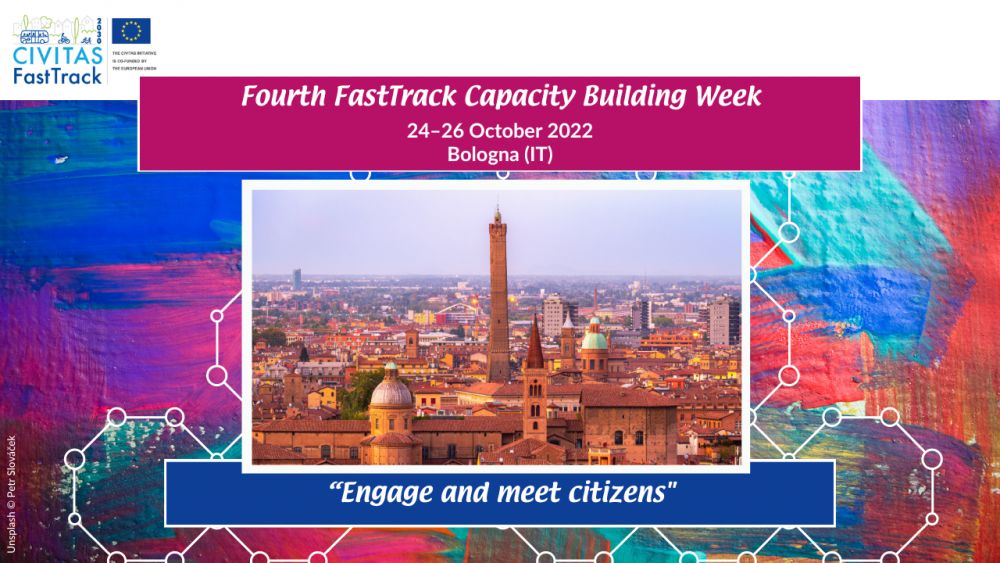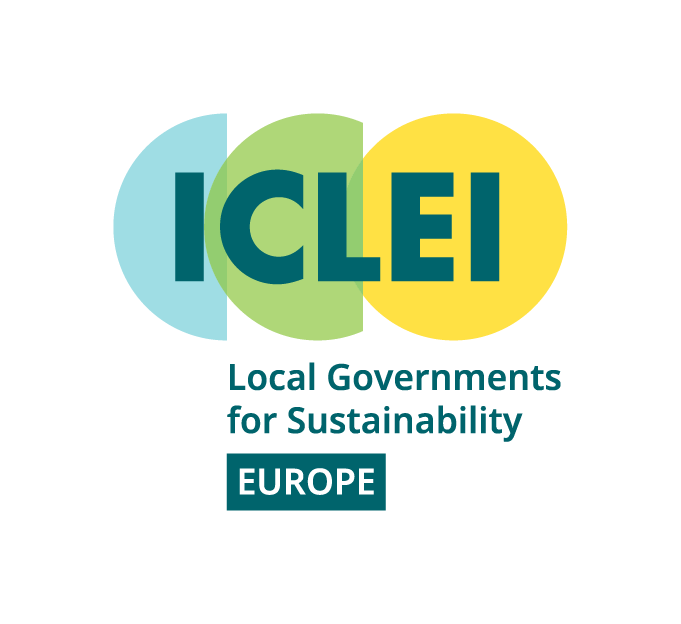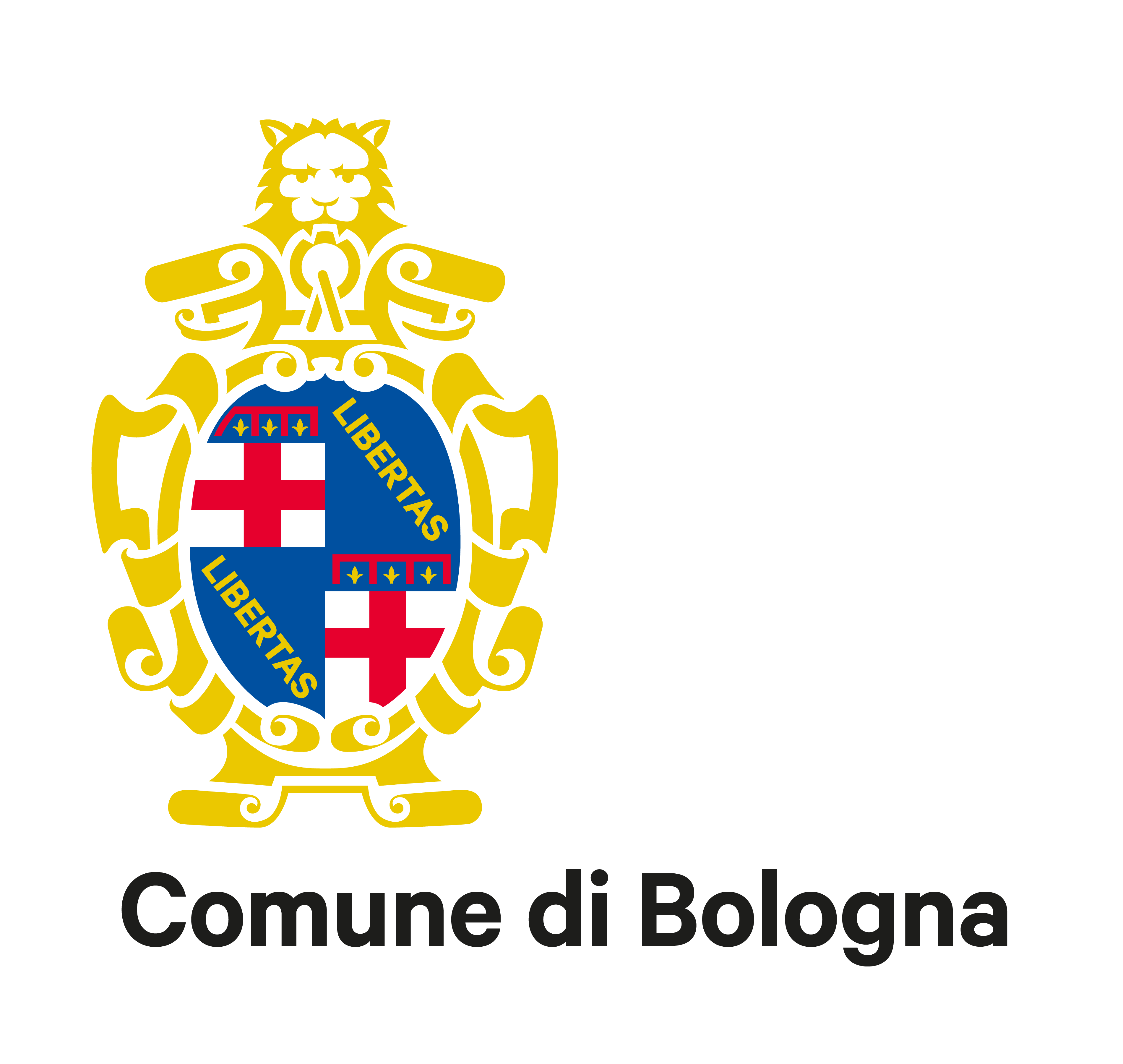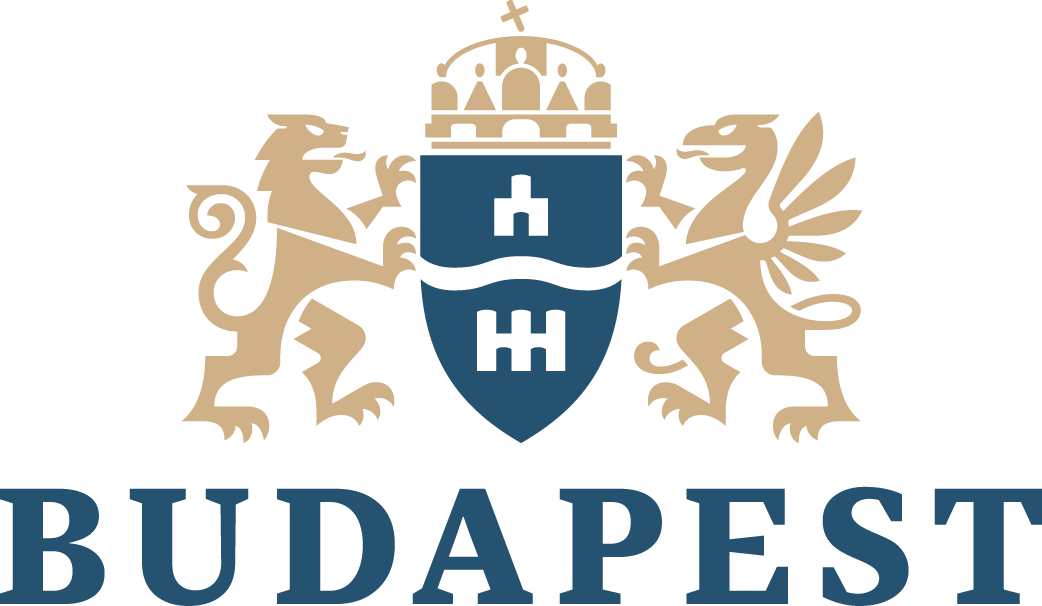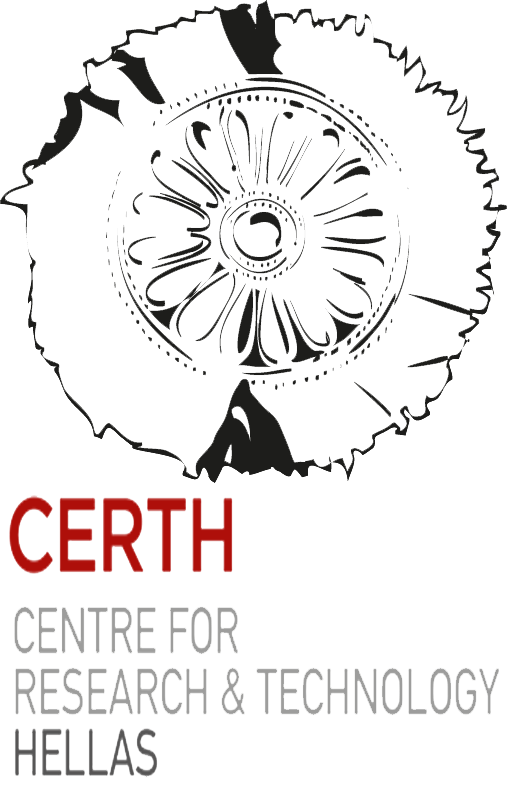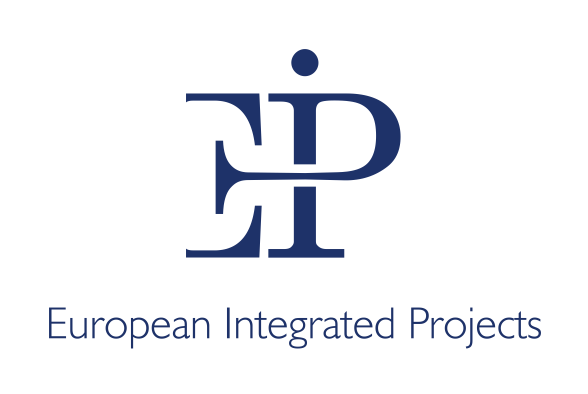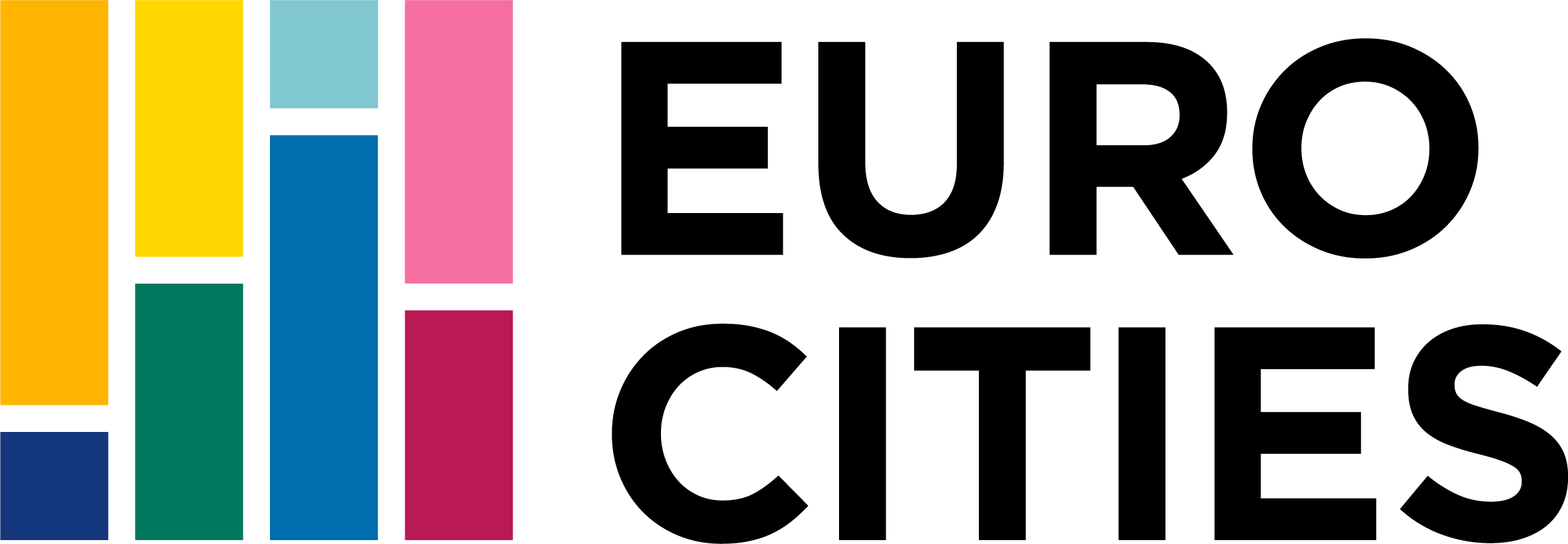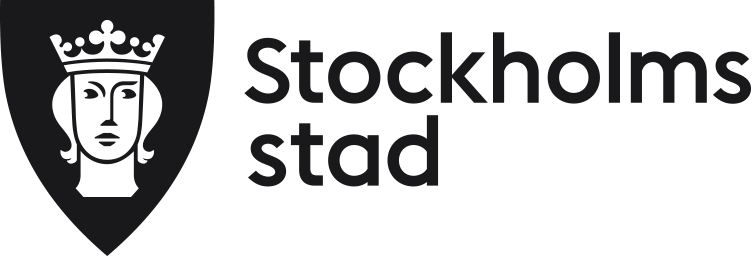
News
FastTrackers Get Engaging: preview our fourth Capacity Building Week
20 October 2022
Article by Julia Culver, Project Manager at NOMISMA S.p.A.; with editing by Anna Westervelt, Communications & Member Relations at ICLEI Europe
The Municipality of Bologna (Italy) has a long history of stakeholder engagement and citizen dialogue while developing public policies. This is also a part of the process in which the city addresses its climate and mobility challenges and adopts appropriate solutions for connecting urban areas to the wider metropolitan context. Bologna’s Sustainable Urban Mobility Plan (SUMP) (November 2019) was considered ground-breaking, since it was the first in Italy - and one of the few in Europe to cover an entire metropolitan area- stretching from the Apennine mountains to the Po Plain. Since 2016, thousands of people from associations, organisations, companies, and informal citizen groups throughout the metropolitan area have contributed actively to the creation of the Plan.
Within the FastTrack project, the City of Bologna leads the Traffic & Demand Management cluster. Changing the way that traffic and mobility demand are managed requires a holistic approach in order to reduce and redirect private car traffic, decarbonise public fleets, improve access to various mobility options, and reinforce new smart mobility and sharing services.
From 24-26 October Bologna will welcome participants from cities and project partners to FastTrack’s fourth Capacity Building Week. The three-day event will feature not only keynote speeches by city officials, a workshop on participatory processes, and peer exchanges among FastTrackers, but also various site visits that allow participants to experience the features of Bologna’s journey toward a more sustainable model of urban and peri-urban mobility.
Besides visiting the Innovazione Urbana Lab of the Fondazione Innovazione Urbana, where participants can view a digital twin of selected parts of the urban centre, FastTrackers will experience an example of tactical urbanism, meet stakeholders in the local community, and enjoy an outdoor working aperitif in an urban regeneration site (Albani covered market) in a neighbourhood that is undergoing rapid revival—with bikes playing a major role!
On the second day, peer review workshops and poster sessions will be followed by a guided tour of Bologna’s Central Station, where participants will get to see the modernized high-speed train area, the Marconi Express monorail to the airport, the park & ride and kiss & ride areas, as well as the access to shared bikes, public buses and the future tram. The day will conclude with a pasta-making demonstration and dinner in a restaurant facing Bologna’s famous two towers.
On the final day, FastTrackers can choose between a presentation by the local public transport company TPER and one on sustainable logistics. The morning’s activities continue with a study visit beginning at eXtraBO, dedicated to outdoor tourism, followed by visit to the San Mamolo neighbourhood, where participants will walk to Villa Ghigi Park and the Fondazione Villa Ghigi. The study visit will allow visitors to experience how “large green spaces” can be quickly reached by local public transport and how Bologna’s urban centre connects to its green peri-urban and rural areas as well as major trekking and cycle-tourism routes, illustrating the Municipality’s “Impronta Verde” approach.
The activities will provide participants with an opportunity to learn about different aspects of the sustainable mobility development process in Bologna, particularly the key role of stakeholder engagement and citizen dialogue in adopting new solutions and changing behaviours—key aspects of traffic and demand management that encourage the shift toward more sustainable modes of mobility.
For more information on the agenda, click here.
Stay tuned to our social media channels for updates throughout the week!
Image (Unsplash) by "Petr Slováček"
All news
Partners

This website is produced as part of the CIVITAS FastTrack Coordination and Support Action funded by the European Union Horizon 2020 research and innovation programme under grant agreement No 101006853. The sole responsibility for the content of this website lies with the FastTrack project and in no way reflects the views of the European Union.
